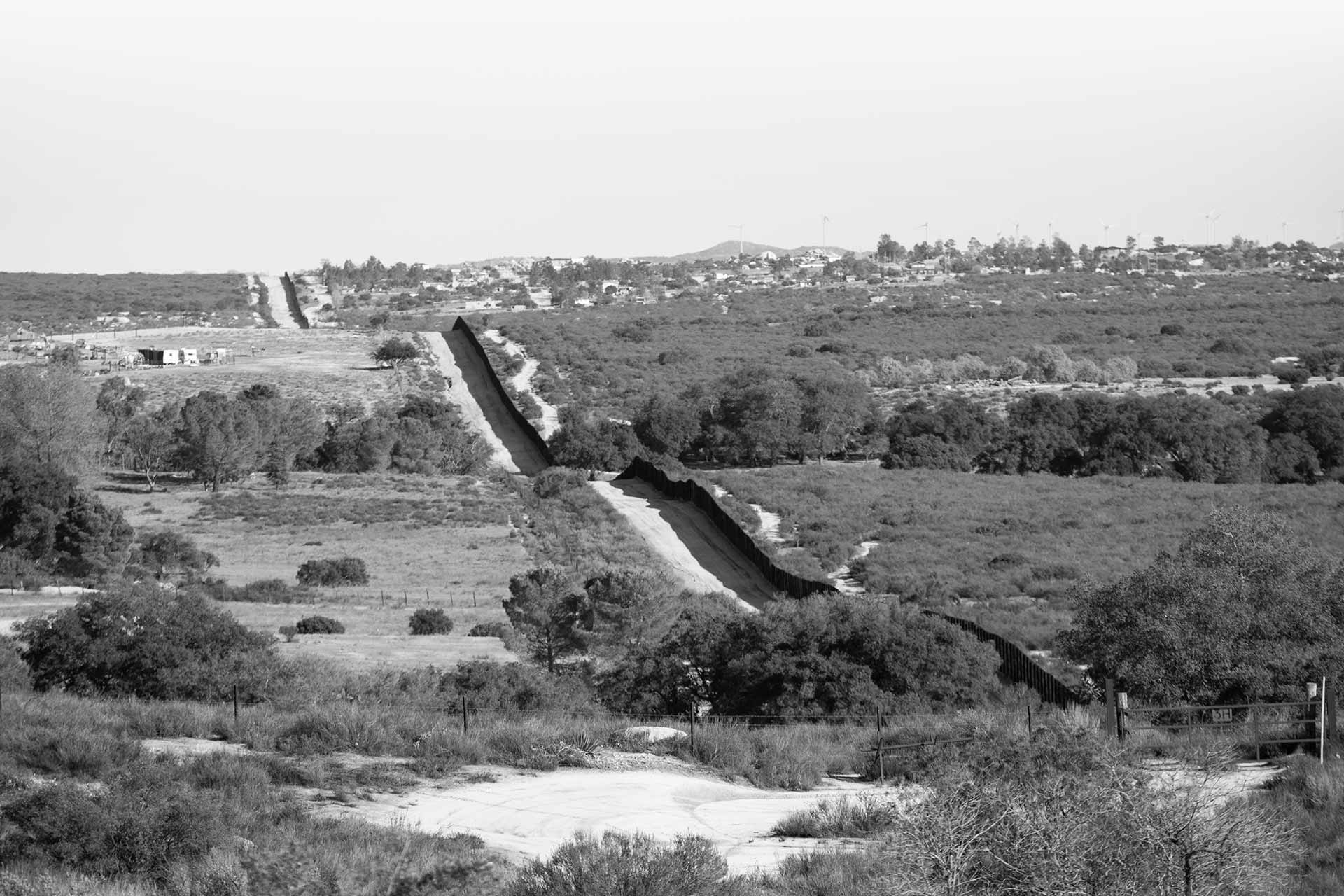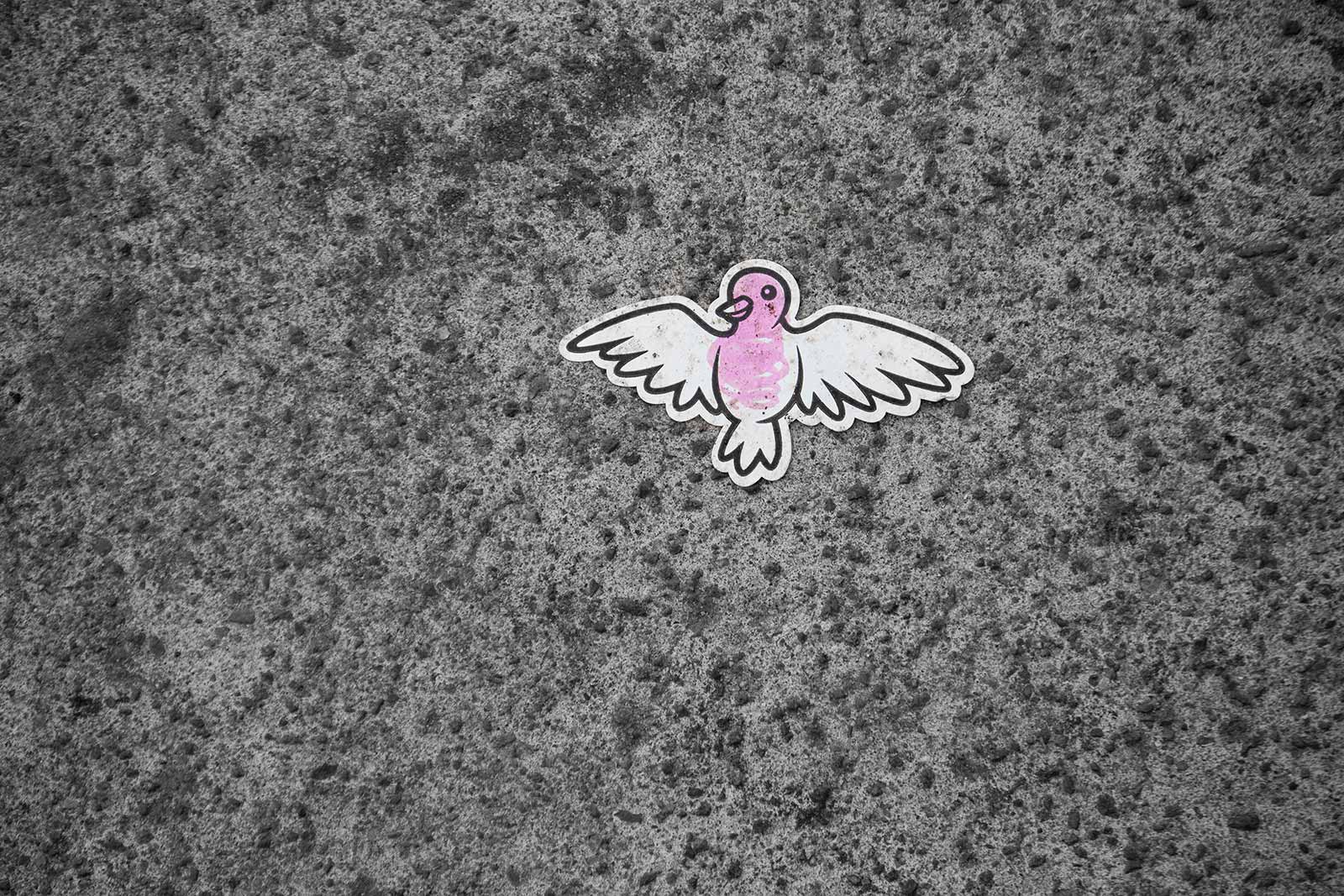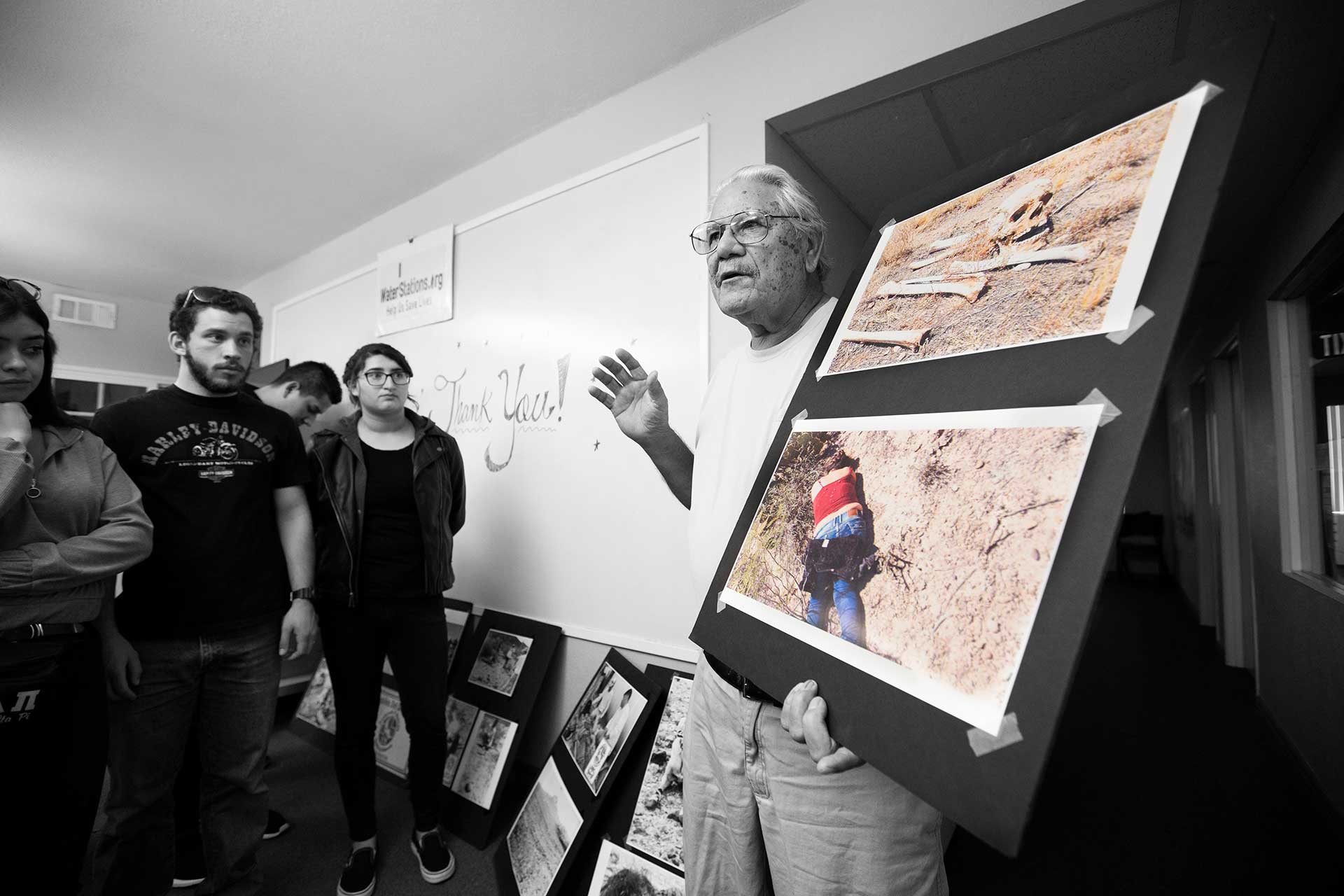The Advocates
It could be just another day in a big household, with tiny bikes in the front yard and dinner simmering on the stove as adults putter around the kitchen. Inside, a family of asylum seekers from more than 12 nations — from Ghana and the Republic of Congo to Haiti and Honduras — has come together through happenstance.
Tomorrow, one of them might leave and someone new might join them.
Jimmy Marcelin runs the Safe Harbors Network shelter at the Christ United Methodist Ministry Center in San Diego with donations and support from the community. There are about 65 “residents” on the day the students drop by. On a very busy day, that number can rise to 200.
The shelter has to turn away the undocumented because it works with U.S. Immigration and Customs Enforcement, who regularly drop off a busful of people who are going through the process of requesting asylum. But because “this is a sanctuary,” says Marcelin, ICE has to wait outside. Each night, someone from the ministry will drive by a certain stop in San Ysidro where ICE releases additional asylum seekers with nowhere to go.
The shelter offers two clinics per week, making sure guests get a health check and the proper vaccinations.
“They will be playing with your kids so we want to make sure that they’re in good health,” says Marcelin. “If they’re sick, we take them to the hospital.”
On the second floor, dozens of cots are stacked against a wall. Marcelin and his team will fill up every possible room, then common areas, then move on to the church. In a pinch, he’ll let parishioners know the church’s pews are needed as makeshift beds.
“I’ll say ‘There will be no church today. I have 500 people and we have no place to put them. We’re going to use this sanctuary.’ It has been done before. The Bible says, I was hungry and you fed me. I was thirsty and you gave me a drink … I was naked and you clothed me.’”
Chris Jones: Everything that Jimmy did to help those just out of detention, the stories that he told us, along with the fact that he would open doors and literally show us into the rooms with the families there, as they're just living … those extremely sad stories, and seeing the people right there in front of you, was unbelievably impactful. Any story you hear about the sacrifices that people have to make to get here — to have a better life — is always impactful.
The next day, students meet with immigrant advocacy groups, where the plight and outcomes of many immigrants’ journeys become more evident.
They see photos of bodies in the desert found by Aguilas del Desierto, a search-and-rescue organization for migrants who are lost or have perished during the journey. They hear Laura Hunter explains that Water Stations, which she helped found, seeks nothing more than to prevent heat-related deaths among those crossing the Southern California desert.
“The only purpose of the organization is to stop people from dying,” she says.
It is against Border Patrol policy to destroy caches of water placed in the desert, yet there are those who will break their own agency’s rules. Mitra Ebadolahi, senior staff attorney for the American Civil Liberties Union’s Border Litigation Project, is charged with bringing constitutional cases challenging civil and human rights abuses by the Border Patrol or U.S. Customs and Border Protection.
“We also do a lot of Freedom of Information Act litigation. It's my favorite,” she shares with students. “It basically says that you should have access to certain government information because otherwise we don't really live in a democracy, but CBP … won't respond to FOIA requests unless you sue them. So we do that.”
Victoria Lopez (senior, criminal justice major): Seeing the work that these organizations do made me want to get involved or donate whatever I could to their causes. I hope that I will be able to take these experiences and work toward volunteering with organizations like this in my community.
A panel discussion includes representatives from the San Diego Border Dreamers, which promotes human and civil rights among immigrant communities; Alliance San Diego, a community empowerment organization that promotes justice, safety and equality; US MX Border program, which seeks to advance human rights and self-determination of migrant communities; and Casa Cornelia Law Center, which provides pro bono legal services to detained immigrants and immigrant children going through removal proceedings.
“Moving beyond the political rhetoric, there are consequences,” says Professor Castro.
“I try to give students different perspectives of the whole experience. I want students to think critically as they interface with people, places and things that play a role in how justice is rendered within borderland areas.”


